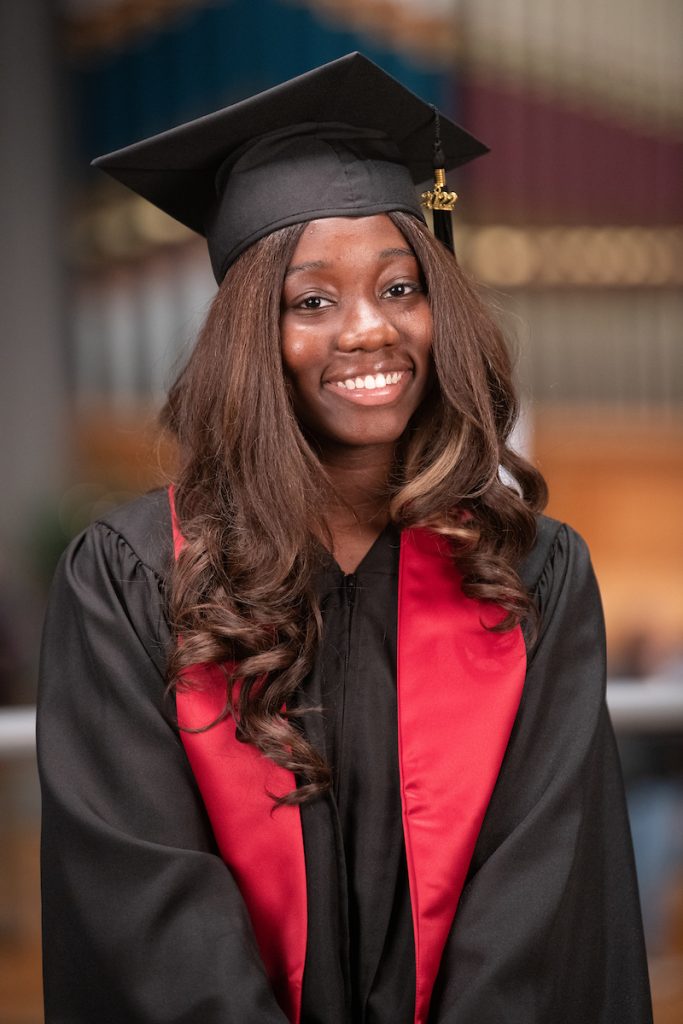
Eleven-year-old Ayishat Yussuf was scared. It was Saturday, Oct. 10, 2015, and she was standing on a stage at the University of Maryland, Baltimore (UMB) with three dozen other sixth-graders who were being hailed as the first class of the UMB CURE Scholars Program. Already shy, she fidgeted onstage, uncomfortable in her new lab coat, the sleeves of which were much longer than her arms.
She tried to be brave, because that’s what the speaker onstage, then-UMB President Jay A. Perman, MD, urged her to do. “You’re bright, curious, motivated, and driven,” Perman told the youths. “But you’re also brave. You’re our very first class of CURE Scholars. So that means you’re pioneers, you’re trailblazers.”
Yussuf at the time was unsure where that trail would lead, but she quickly learned that the pipeline program identifies promising middle school students with an interest in science and prepares them for health care and research careers through hands-on workshops, lab experiences, and mentorship from UMB faculty, students, and staff.
Seeking to increase the number of health care and STEM (science, technology, engineering, and math) professionals from underrepresented populations, the program focuses on West Baltimore, a predominantly Black area historically plagued by violence, high unemployment, and generational poverty. This focus was intentional by UMB, where engagement with its West Baltimore neighbors became a focus during Perman’s 10-year presidency.
“There is no shortage of talent in West Baltimore, only a lack of opportunity,” Perman often said.
Yussuf’s class, the first of seven annual cohorts in the CURE Scholars Program so far, broke ground nationally as well as locally. UMB’s sixth-graders were the youngest ever to participate in the National Cancer Institute’s (NCI) Continuing Umbrella for Research Experiences (CURE) national program.
They quickly got to work, with two after-school sessions each week, Saturday programming, and a six-week summer enrichment component. An initial positive sign was when 38 of the 41 scholars returned for Year 2, a 93 percent retention rate. And they kept coming back, year after year, through middle school and high school.
Many Opportunities
With access to technology often reserved for graduate students, CURE Scholars had the opportunity to use the robotic da Vinci surgical system; make dental molds at UMB’s School of Dentistry; attend STEM Day at Hersheypark; dissect a cadaver knee in an anatomy lab; learn coding and robotics at the University of Maryland, Baltimore County; engage in college test preparation at Baltimore City Community College; and present research posters at the Maryland General Assembly.
Inspired by CURE, Yussuf was determined not to fail, first at Southwest Baltimore Charter School and then at Baltimore City College High School. But getting up on Saturday mornings? That’s a lot to ask of a teenager, she said during an appearance on WYPR Radio’s “Future City” show in May.
“I was excited in the beginning of the program,” Yussuf told “Future City” host Charles Robinson. “Then it was like, ‘Do we have to do it every single Saturday?’ But that passed as I got older and became more grateful because I realized the CURE opportunities had shaped the person I am today.”
Today she is preparing for her freshman year at Spelman College in Atlanta, one of 23 colleges she was accepted to and where she will study biology on a pre-med track with a minor in African diaspora studies. Thanks to UMB CURE, she has conducted complex academic research, self-published a book, and gained a network of mentors, teachers, and peers ready to support her.
Her career goal? To become a pediatrician like Perman, who returned to Westminster Hall on May 6 to salute Yussuf and 16 others as the first UMB CURE Scholars graduates.
“I have had the privilege of doing a lot of things up on this stage,” said Perman, who now is chancellor of the University System of Maryland. “But nothing beats this. I can’t tell you how overwhelmed I am to see all of you, to see this. It’s a dream really.”
Watch highlights from the UMB CURE Scholars Graduation 2022.
It’s been a dream for Yussuf, as well. Going to college was a long shot at best when her mother, Zeynabou, saw a flyer for UMB CURE. Neither she nor Ayishat’s father, Abidemi, emigrants from Senegal and Nigeria, respectively, had gone to college.
Being a first-generation college student has had its challenges. Ayishat and her parents found the Free Application for Federal Student Aid (FAFSA) and other college application forms baffling. Fortunately, CURE provides training and one-on-one support. Among the program’s core tenets has been including parents from the beginning.
“UMB CURE is great,” Abidemi Yussuf said. “I tell people I know and their kids about the program because it benefits them and there are lots of opportunities.”
The whole college prep experience has brought her family closer, Ayishat says. “I’ve built a better relationship with my mother and father support-wise because we’ve gone through this together,” she told WYPR.
And now there are two more Yussufs in the UMB CURE pipeline (Ayishat’s younger sisters), with a third planning to join in middle school.
Ayishat says the journey also would have been impossible without her longtime mentor, Katherine Coburn, who just earned her PhD from the University of Maryland School of Medicine.
“Miss Kat has been my mentor since the sixth grade, and she is so helpful and so inspiring!” Ayishat said. “Back in middle school, she would be at the Science Olympiad competitions to give me words of encouragement. Recently we talked about the process a medical student goes through and how long it takes. We talk about stuff outside school, too. She means everything to me.”
Yussuf, one of four scholars honored in December 2019 for maintaining a GPA of 4.0 or higher, also benefited from a summer 2021 internship at Becton Dickinson (BD), a global medical technology company in Sparks, Md. She and three other scholars were connected to this eight-week, $15-an-hour paid internship opportunity thanks to their interest in medical technology and UMB’s unique partnership with BD.
Giving Back as a CURE Mentor
Aside from college courses at Spelman, Yussuf will be expected to mentor younger UMB CURE Scholars, and she is only too happy to “pay forward” her CURE education.
“CURE Scholars has transformed my life by clarifying my career and educational goals relating to STEM,” she said. “I discovered my passion for wanting to become a pediatrician, and recently I decided to also become a health care advocate by conducting research on infectious diseases and health disparities in minorities.”
Initially funded with an NCI grant and later a Science Education Partnership Award from the National Institute of General Medical Sciences, the UMB CURE Scholars Program is only possible thanks to partners like BD, the Edward St. John Foundation, the Alicia and Yaya Foundation, the Kathy and Jerry Wood Foundation, and hundreds of individual donors like Malinda Hughes, who donated her 2017 UMB Employee of the Year prize of $1,500 to CURE.
With graduates like Yussuf, the program is helping to break the cycle of poverty in West Baltimore and build the next generation of diverse health care professionals, cancer researchers, and STEM experts. Please help us to support the 115 current UMB CURE Scholars as well as Cohort 8, our incoming class of 25 sixth-graders this fall, with a generous gift.

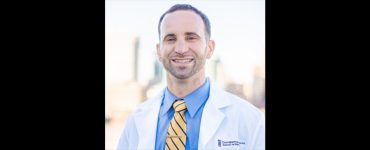
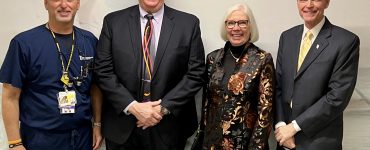
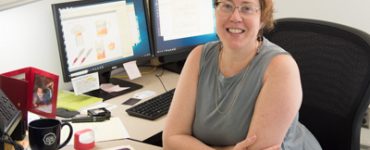
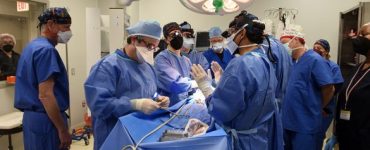
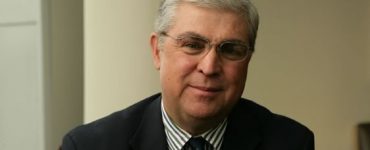
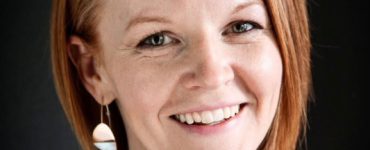
Add comment